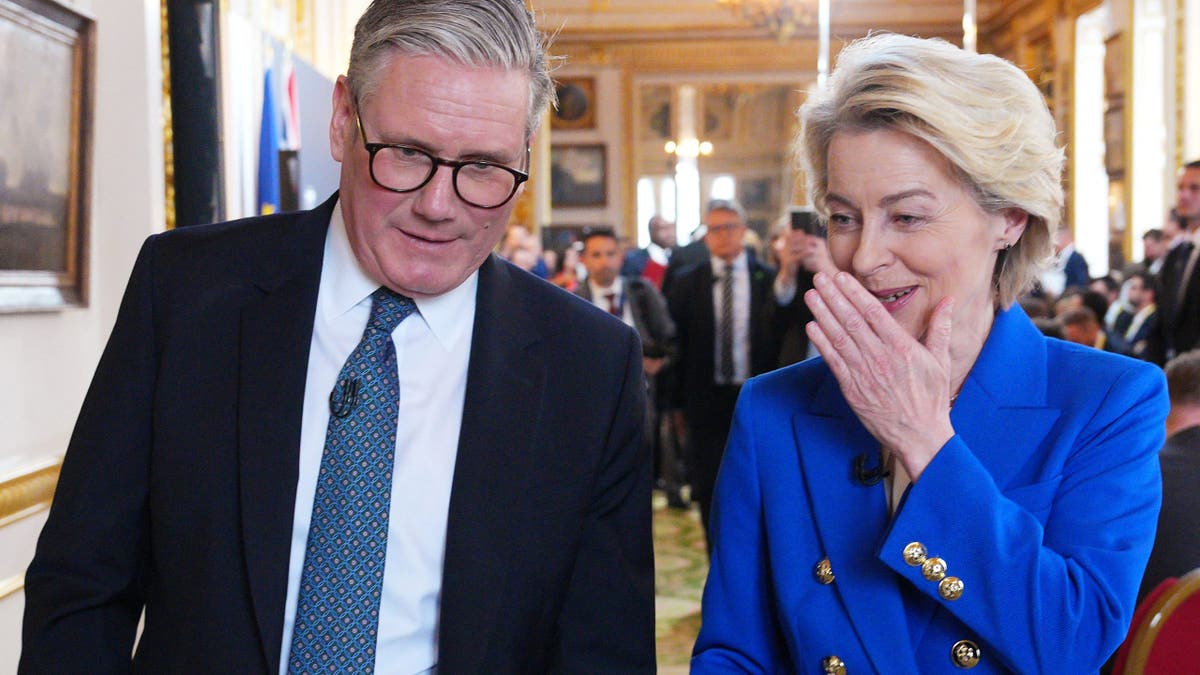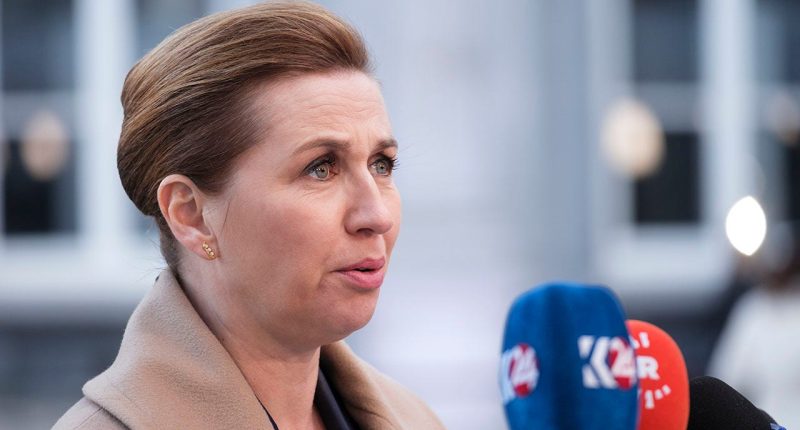Share this @internewscast.com
Denmark and eight other countries blasted the European Court of Human Rights for imposing limits on deporting criminal migrants on Sunday.
Denmark, poised to assume the European Union presidency in July, issued a letter demanding greater flexibility in expelling immigrants who commit crimes. This letter was endorsed by leaders from Austria, Belgium, the Czech Republic, Estonia, Latvia, Lithuania, Italy, and Poland alongside Denmark.
“Many have arrived here through legal means. They have acquired our languages, uphold democratic principles, contribute to our societies, and have chosen to integrate into our culture. Others, however, have not integrated, forming isolated communities that oppose our core values of equality, democracy, and freedom,” the letter stated. “Notably, some have failed to contribute positively to the societies that welcomed them and have opted to engage in criminal activities.”
“It is beyond our understanding how individuals can come to our nations, partake in our freedom and myriad opportunities, yet choose to commit crimes,” the letter further elaborates.
Denmark and the signatories request that the court make more room for European countries to deport illegal immigrants who commit violent or drug-related crimes, as well as allow for European governments to track illegal immigrants more closely.
“We need to be able to take effective steps to counter hostile states that are trying to use our values and rights against us. For example, by instrumentalizing migrants at our borders,” the letter adds.

Italy’s Prime Minister, Giorgia Meloni, welcomes Denmark’s Prime Minister, Mette Frederiksen, at Palazzo Chigi before their meeting in Rome, Italy, on May 22, 2025. (Photo by Massimo Valicchia/NurPhoto via Getty Images)
The letter comes two weeks after British Prime Minister Keir Starmer announced plans to tighten immigration rules amid pressure from voters upset over high levels of immigration.
U.K. voters are becoming increasingly frustrated by high immigration numbers, which many argue have strained public services and intensified ethnic tensions in some parts of the country.

Britain’s Prime Minister Keir Starmer (left) and European Commission President Ursula von der Leyen react after hosting a joint press conference during the U.K.-E.U. Summit at Lancaster House in London.
Under the new plans, skilled visas will be restricted to people in graduate jobs, while visas for lower-skilled roles will only be issued in areas critical to the country’s industrial strategy, and businesses must increase the training of British workers. Companies in the care sector will also no longer be able to apply for visas for workers recruited abroad.
“Every area of the immigration system, including work, family and study, will be tightened up so we have more control,” Starmer said in excerpts of a speech he plans to deliver on Monday. “Enforcement will be tougher than ever and migration numbers will fall. We will create a system that is controlled, selective and fair.”
Fox News’ Landon Mion contributed to this report.

















